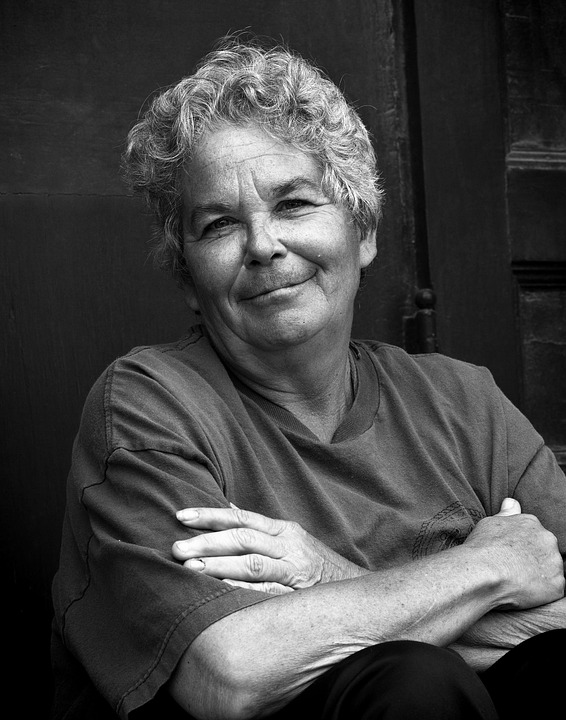The pain of grief is present for all losses, whether the husband or the lover. A partnership transcends classifications and roles and a partner is essential when a strong bond exists. No matter how the relationship is called, the pain of loss requires healing. In life, we may experience small losses many times before a major loss manifests itself. We “handle” it and understand it even to a small degree. However, we do not learn or prepare for loss in life, so when we experience a greater loss we can feel devastated.
When we love and lose someone, whether that person is lesbian, gay, bisexual, or transgender, we are overwhelmed with pain and grief. However, when our relationship is out of the mainstream, we may have already been so criticized and grieved, that in this final loss, we find it much more difficult to grieve, heal, and move on to a new, fulfilling life.
No one can fully understand the pain of another. We can come together on common sides, share our experiences and our progress, and though there is healing in the act of sharing, we can still feel alone in our grief. What touches us in a positive way is when we feel understood. The loneliness of loss and alienation affects us deeply on the level of our souls.
Mourning the loss of a partner in a non-traditional relationship can include additional burden if there is little family or community support at large. These relationships may have had less approval or, in the case of a lesbian, lesbian, bisexual, or transgender partner, been kept secret. If the immediate family does not approve of this relationship, they will have trouble being supportive. In fact, they may not understand, but they may also get angry about the relationship. The truth is that it is difficult to understand and accept experiences when they are not “your experience.”
Parents who have accepted their extraordinary children, who love and support them, don’t have to understand everything. Their love is a support platform. However, joining a traditional support group may not be seen as a viable option because there is no common ground. Parents who are grieving want to meet other grieving parents. Older children who are grieving want a group with others like them.
Widows/widows prefer to be with other widows/widows. Although there are similarities, there are many differences. People want a good match, the compatibility that comes with a common understanding and similarities. LGBT people do not see the mainstream support group as a major support for themselves because they “won’t get it”. People want a match for their experience; They want to know they can feel understood and loved and not be judged or ridiculed. They will withdraw from mainstream grief support groups that do not accept them.
Lesbian, Gay, Bisexual and Transgender Community Center
Founded in New York in 1983, the Lesbian, Gay, Bisexual, and Transgender Community Center has grown to be the largest multi-service LGBT organization on the East Coast and the second-largest LGBT community center in the world.
Doneley Meris, MA, CT (MA in Bereavement Counseling; Certified Secondary Specialist/Death Educator) is Team Leader for their Outreach and Education, Center CARE. The challenges the LGBT community faces with grief and healing depend on support groups that focus on sensitive and inclusive LGBT grief according to Merris. Major cities have been able to address this concern by facilitating support groups, but Central America still needs to incorporate this unique service to the LGBT community, which is very challenging because religion, morality, and politics often get in the way. Meres maintains a bereavement psychotherapy practice in New York City where the focus of his work is primarily addressing the challenges of the bereaved gay community(s).
“Today the gay, lesbian, bisexual, and transgender (LGBT) community continues to face discrimination in the most common settings for (bereavement) services,” Meres says. “When you add HIV/AIDS into the mix, sexual orientation and AIDS-related stigma become major barriers to the level of comfort, trust, and safety for LGBTQ individuals attempting to participate in non-specific or LGBT-sensitive service programs.
“There is a sensitivity and humanity that is particularly required of any service practitioner in order to effectively set in motion the healing process for this unique group of individuals. The large elephant of homophobia and heterophobia must be dealt with even in death in order to be effective in providing quality grief services.”
According to Maris, grief counseling is offered in many places. “ADEC is very actively engaging and encouraging funeral homes, hospital chaplains, hospices, churches, HIV/AIDS service agencies, and other community and health organizations to incorporate grief services especially for LGBTQ individuals into their service provision. Numerous websites have emerged that address the unique grieving challenges of the LGBT community.”
